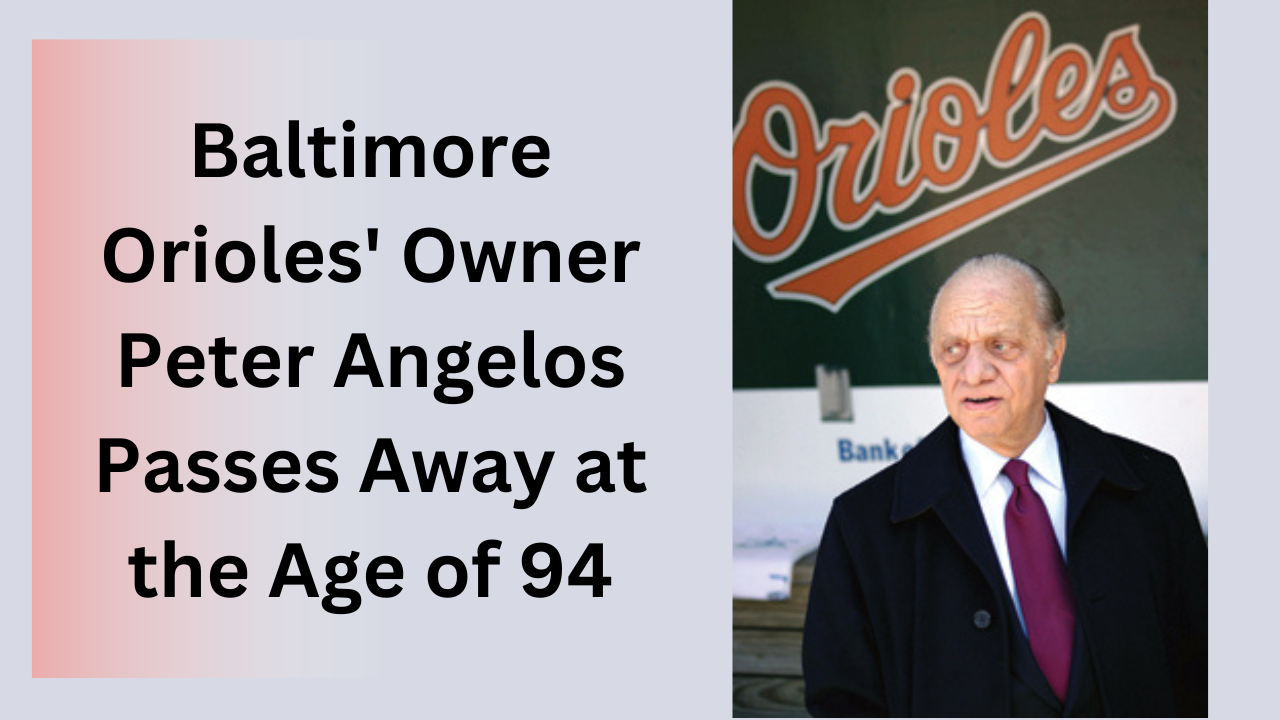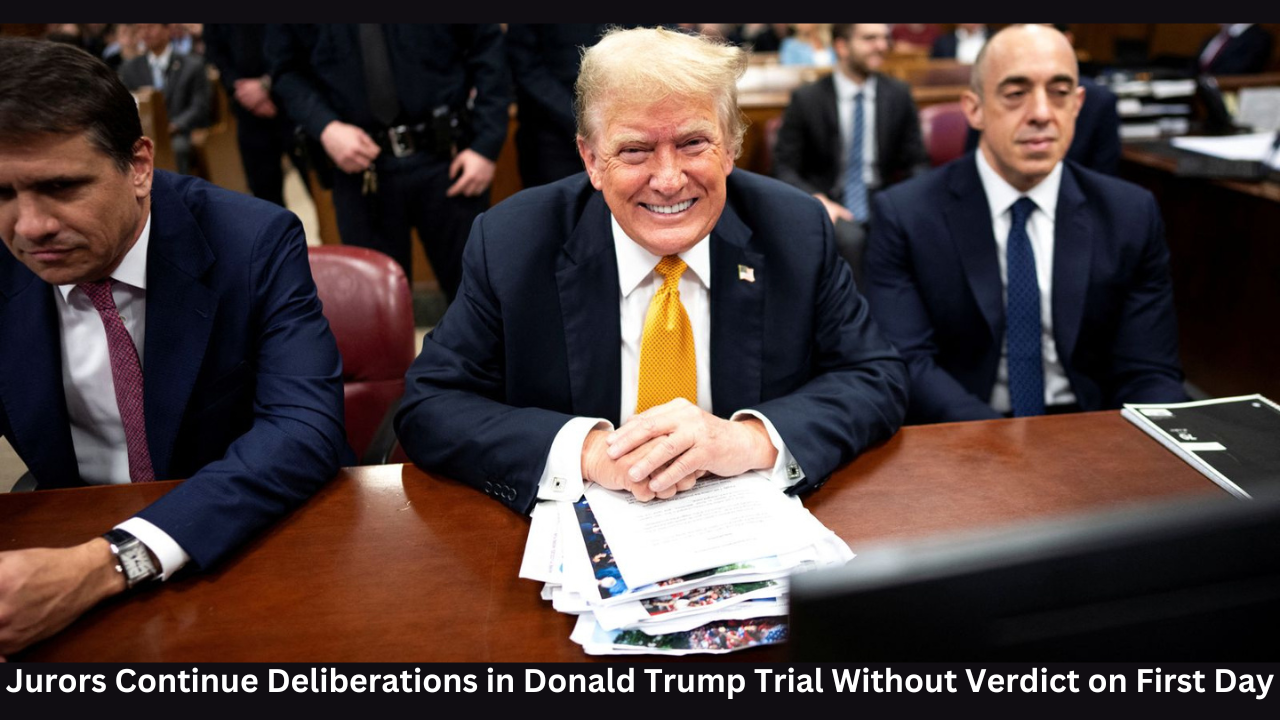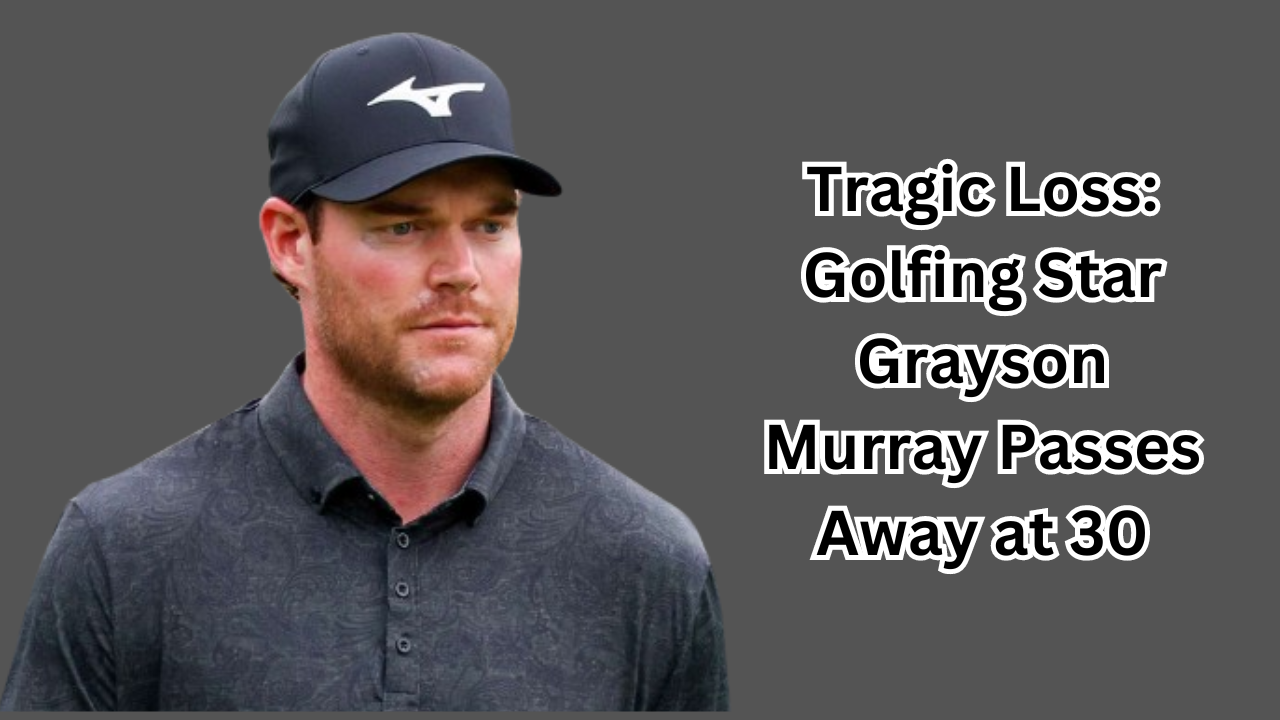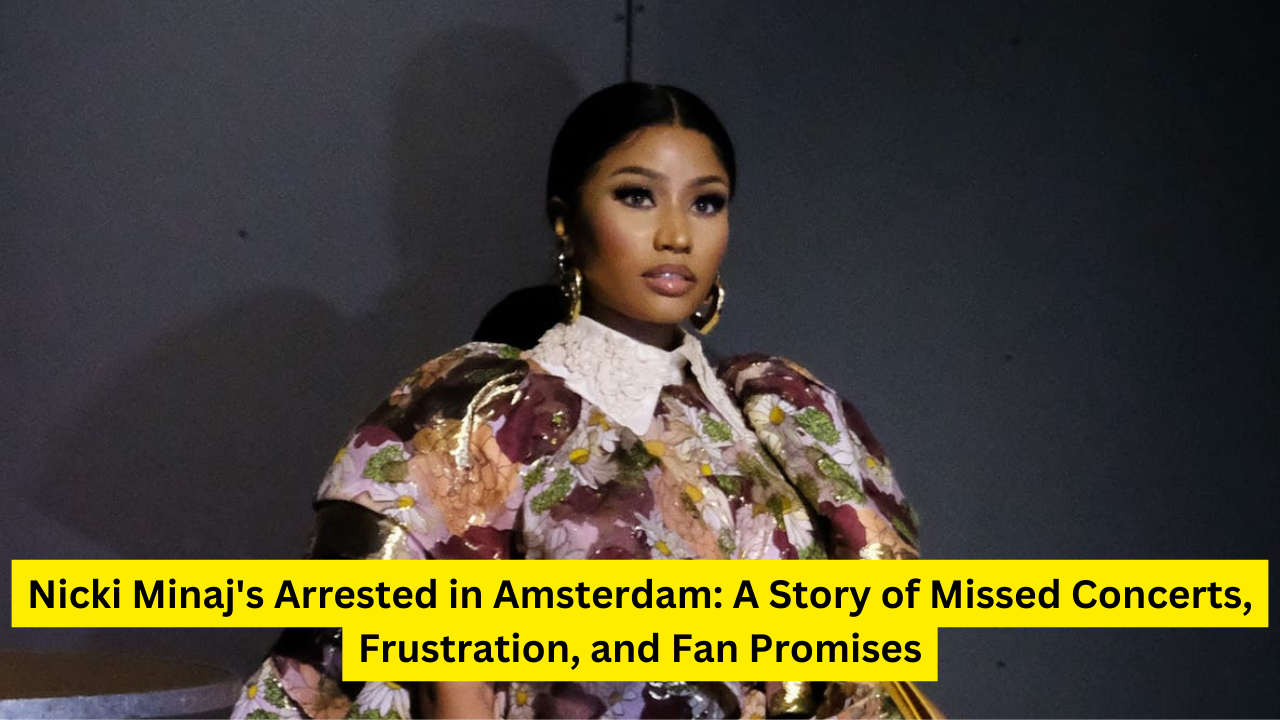Peter Angelos, the owner of the Baltimore Orioles team, who faced defeats for a long time and a savvy owner who won high-profile cases against the industry titans, passed away on Sunday. He was 94.
Angelos had been ill for several years. His family, in a statement announcing his death, thanked those who had cared for him, saying, “who provided him comfort in his final years.”
Angelos’s death came as his son, John, planned to sell a group to Oriole’s under the leadership of David Rubenstein, co-founder of the Carlyle Group. Peter Angelos’s public role diminished significantly in his final years. According to a lawsuit filed by his sons, he underwent surgery in 2017 after being diagnosed with mesothelioma.
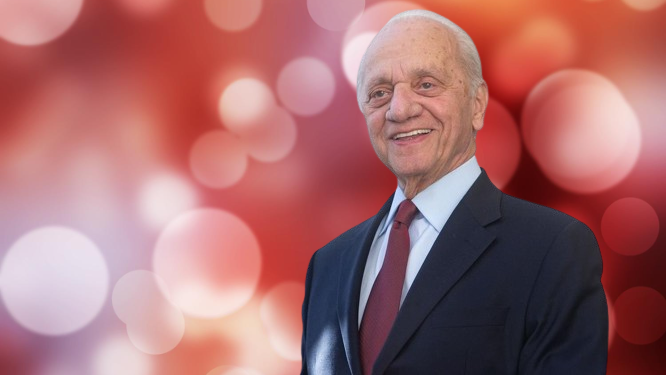
Baseball Commissioner Robert D. Manfred Jr. said in a statement on Sunday that Angelos was a proud Baltimorean who “praised being the owner of the Orioles from the depths of his heart.”
Manfred said, “On behalf of Major League Baseball, I extend my deepest condolences to Peter’s wife, Georgia, his sons John and Louis, and the entire Angelos family.”
Born on July 4, 1929, and raised in Mytilene, Greece, Peter Angelos came to my land and earned a law degree from the University of Baltimore in 1961, before starting a firm in his name with a blue background.
In August 1993, Angelos led a group of investors who purchased the Orioles. The group included novelist Tom Clancy, filmmaker Barry Levinson, and tennis star Pam Shriver. A tag of $173 million – the highest for a franchise at the time – came forcibly into the sale due to the bankruptcy of then-owner Eli Jacobs.
While skillfully navigating personal injury cases, Angelos continued to steer his hometown team. Without his approval, acquisitions of several players were completed, and his shrewdness in not spending millions on high-priced free agents stabilized his overall finances, estimated at $2.1 billion in 2017.
His company sued Philip Morris, a significant tobacco manufacturer, in 1996; the case was settled for.5 billion. Millions were also made by Angelos’s offices from asbestos settlements, which included a class-action lawsuit from workers in steel, shipbuilding, and industrial facilities.
Angelos made waves in baseball too. In 1995, he was the lone among 28 owners who opposed using replacement players during the strike that began in the 1994 season.
“It’s the fans that we have committed to giving the Pennsylvania major league Baseball which can’t be achieved by public players,” he insisted.
At that time, the hero of Baltimore Orioles, Ripken the Jr. was only 122 game breaks to enter the record books of Lou Gehrig as the player with the greatest consecutiveness, with 2,130 games. The season started with replace players and he was still in the strike. So, the streak would not have ever been on. However, a deal was struck just before the players and trainers touched the ground, and Ripken surpassed his predecessor double-play record by hitting 2,632.
In addition, Angelos toiled to setup an exhibition tour for the Oriole and Cuba’s national team which was actualized as a result of this hard effort in 1999. On the 1st of April, both teams played at Havana while I was with Castro, the Cuban leader. Once again, they met in mid-May on May 3, in the Oriole Park at Camden Yards.
This Show was the first one in which Cuba’s national team faced only a team containing Major League players since 1959, and the first time a Major League team to have played a game in Cuba after the year 1959.

